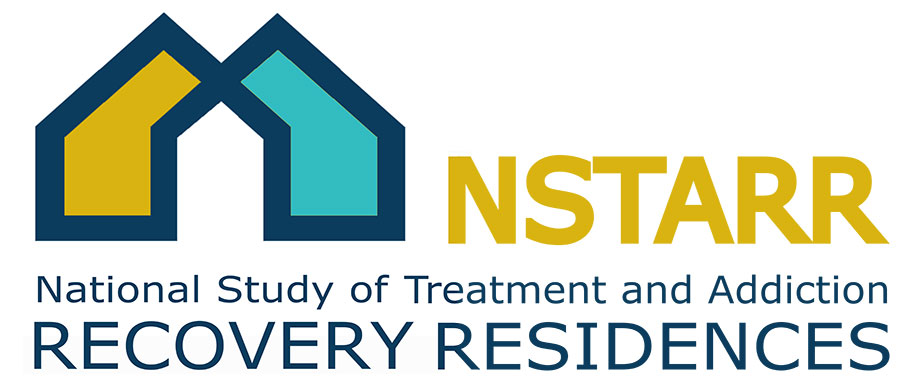
Study Importance
Among individuals in recovery from alcohol and other drug use disorders, those living in recovery housing may have greater needs, simply by virtue of needing safe and supportive housing during their recovery.
Recovery housing is rooted in the social model of recovery, which emphasizes mutual aid and peer support in helping residents maintain their recovery. CDC guidance for the general public for managing COVID-19 as well as its guidance for shared or congregate housing providers may present significant challenges for residential recovery residence operators.
Moreover, because the majority of recovery residences operate with almost no formal third-party payers to reimburse or offset costs of this service, furloughs and work stoppages for residents who are responsible for paying for this service may contribute financial hardship and closure of recovery residences.
This national longitudinal study of recovery housing seeks to better understand how recovery residences are responding to the COVID-19 pandemic and its impact on them.
Study Activities
Using the NSTARR database of recovery residences, we will randomly select a cohort of 200 residences, which will be stratified by U.S. Census Division to ensure adequate representation of residences across the country.
We then will survey the residences at three different time points, using questions developed from the NSTARR study as well as from other surveys focusing specifically on implementation of COVID-specific guidance as well as the potential effects of COVID-19 on recovery residences and those they serve.
As with the NSTARR project, sampled residences will be coded based on their geographic location (geocoded) and linked with additional contextual information, which may be particularly relevant during the COVID-19 pandemic. This information will include regional COVID case rates and vulnerability as well as proximity to COVID testing sites, federally qualified healthcare centers, and publicly-funded hospitals.
In addition to collecting survey data on residences, we also collect qualitative data by conducting semi-structured interviews with operators of residences that close during the study period to gain a better understanding of how COVID-19 may have contributed to this.
Anticipated Impact
The COVID-19 pandemic may be particularly harmful to the physical health and wellbeing of those in recovery from alcohol and other drug disorders. Among individuals in recovery from these disorders, those living in recovery housing are among the most vulnerable.
By conducting a national longitudinal survey of recovery residences, this study will provide requisite data to better understand the impact of the COVID-19 pandemic on recovery housing and how recovery residences are responding to it.
